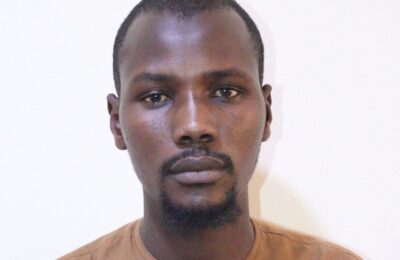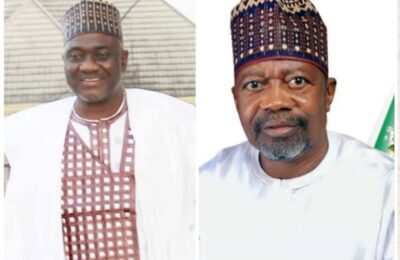By Musa Bakare.
The mark of truly great leaders is never measured in comfort but in the courage to disrupt, to reform, and to rebuild, even when the people grumble and entrenched interests fight back.
History reserves its fondness for those who dared while others trembled. Lee Kuan Yew dared in Singapore. Paul Kagame dared in Rwanda. Mohammed bin Rashid Al Maktoum dared in Dubai. And today, in Nigeria, Asiwaju Bola Ahmed Tinubu is daring—and delivering.
President Tinubu did not ascend to the presidency merely to adorn a crumbling structure; he came to overhaul it. From his first day in office, he confronted Nigeria’s most notorious albatrosses: the fraudulent fuel subsidy, the parasitic multiple exchange rate system, and the reckless culture of government waste and impunity.
These were not cosmetic adjustments; they were open heart surgery on a bleeding patient. The weak hearted would have avoided them. The politically timid would have postponed them. But President Tinubu recognized that genuine leadership is not about applause, it is about decisive action.
Every visionary leader shares a common trait, the ability to see decades ahead. When Lee Kuan Yew asked Singaporeans to trade comfort for discipline, he was called harsh. When Kagame pressed Rwanda toward reforms, critics shouted. When Dubai’s rulers staked everything on diversification, skeptics mocked. Yet time proved them right.
President Tinubu belongs in this rare league. His Renewed Hope Agenda is not political poetry but a national rebirth program, to industrialize Nigeria, expand infrastructure, deepen human capital, and position Africa’s largest population as the continent’s strongest economy.
His ambitious $1 trillion economy target by 2030 is no fantasy, it is foresight backed by reforms already in motion.
The opposition coalition wails, but their anger speaks more to their guilt than to President Tinubu’s leadership. He dismantles their rackets, punctures their empty rhetoric, and compels Nigerians to confront uncomfortable truths.
These are the same political actors who looted the treasury under subsidy scams, thrived on exchange rate fraud, and profited from chaos. Their disdain is not evidence of President Tinubu’s failure, it is proof of his success.
No nation rises without hardship. Singapore endured. Rwanda endured. Dubai endured. Nigeria, under President Tinubu, is now enduring. But unlike the hollow promises of the past, this sacrifice has direction and purpose.
The signs are visible, investment inflows are rising, industries are awakening, agriculture is reviving, and infrastructure projects are progressing. These are the early footprints of a Nigeria being rebuilt on solid ground.
President Tinubu’s call for patience is not born of indifference to people’s pain but of his ability to see the destination others cannot. That is what separates a politician from a statesman.
Like it is happening to President Tinubu of Nigeria, great leaders all over the world are rarely loved in their first terms in office, they are resisted, attacked, and mocked. But history vindicates them. President Tinubu’s narrative is being inscribed not with fading ink, but with bold strokes of reform, courage, and vision. Nigerians will vote massively for him in 2027.
Asiwaju Bola Ahmed Tinubu will not be remembered as the leader who evaded challenges, but as the one who confronted them head-on. Not as the president who relished applause, but as the statesman who demanded sacrifice.
In the end, Tinubu will not be remembered merely as Nigeria’s president but as one of the truly visionary and reformational leaders of our contemporary world.
– Musa Asiru Bakare is a member of the APC, a member of the Tinubu Support Group (TSG), and a political analyst. He writes from Lokoja, Kogi State.




